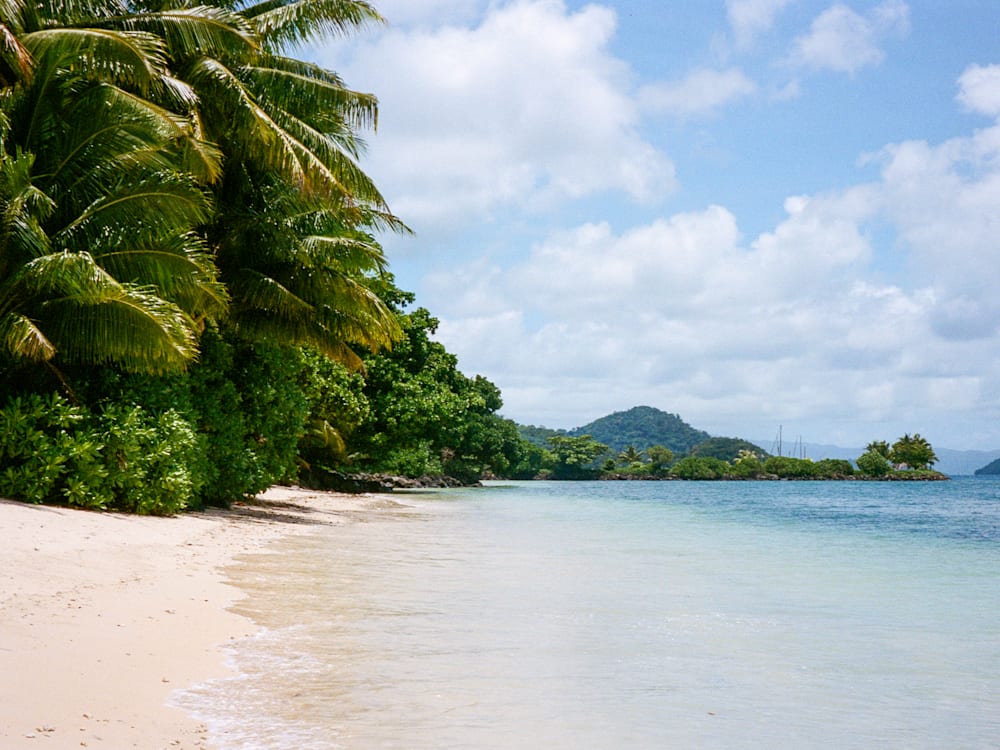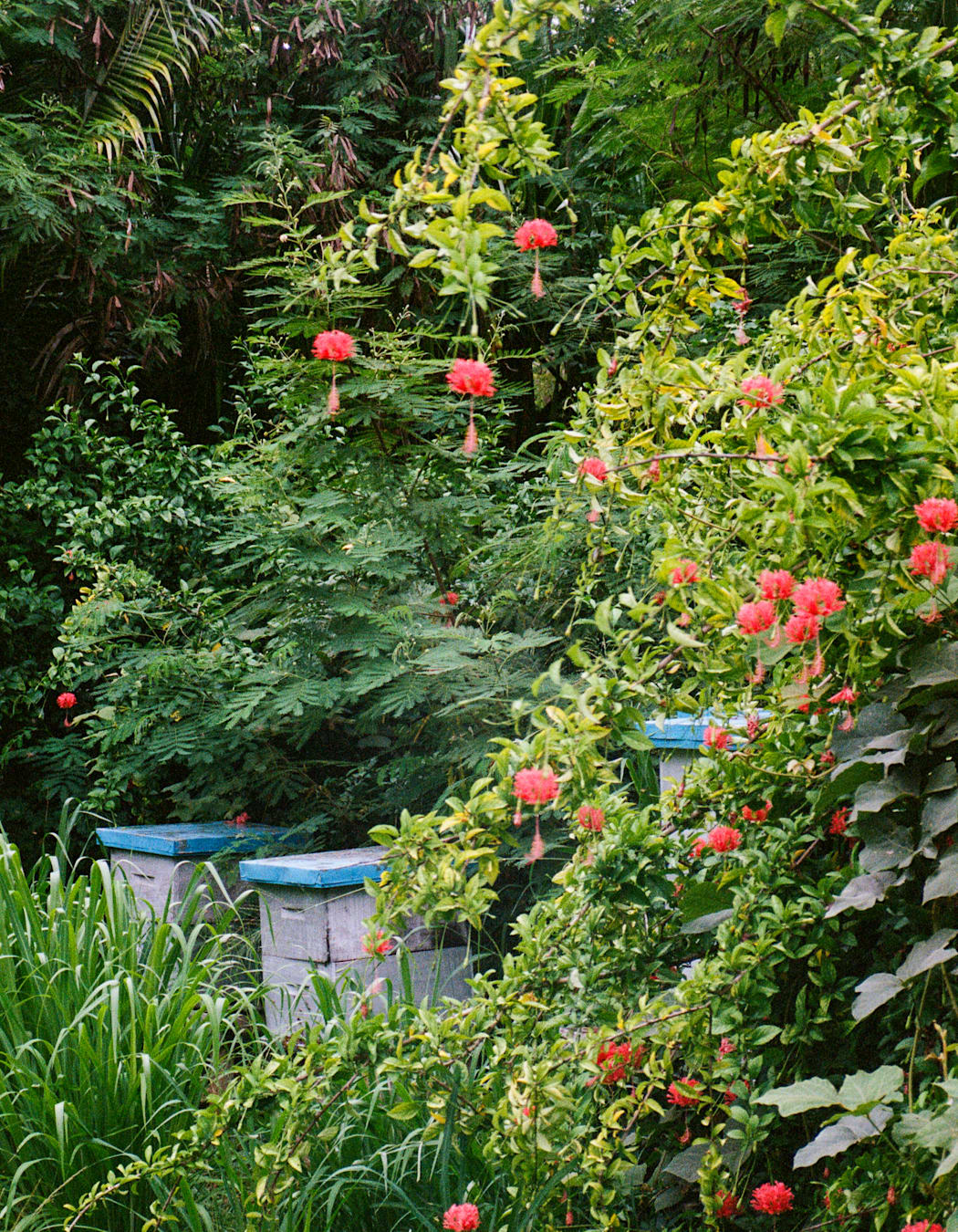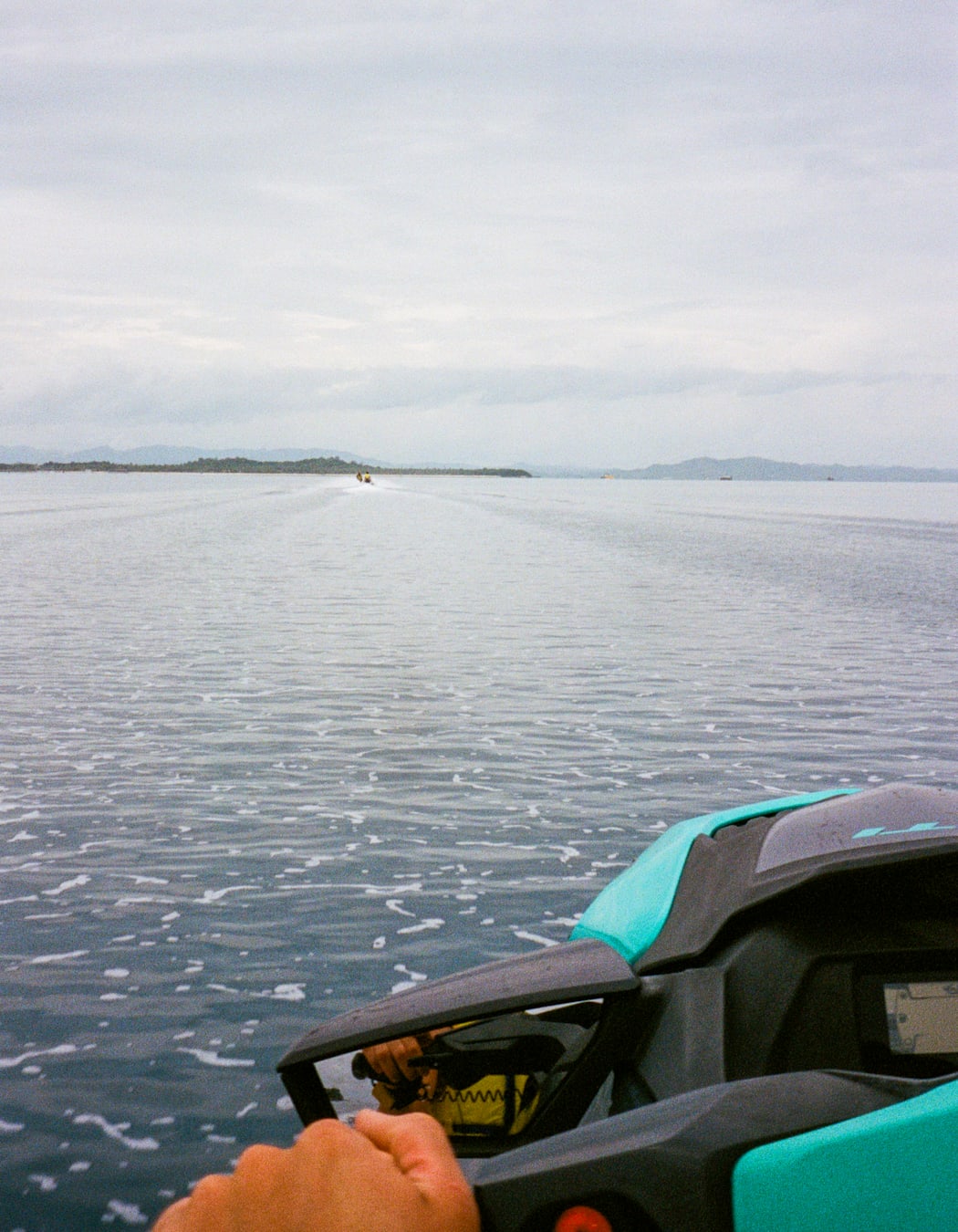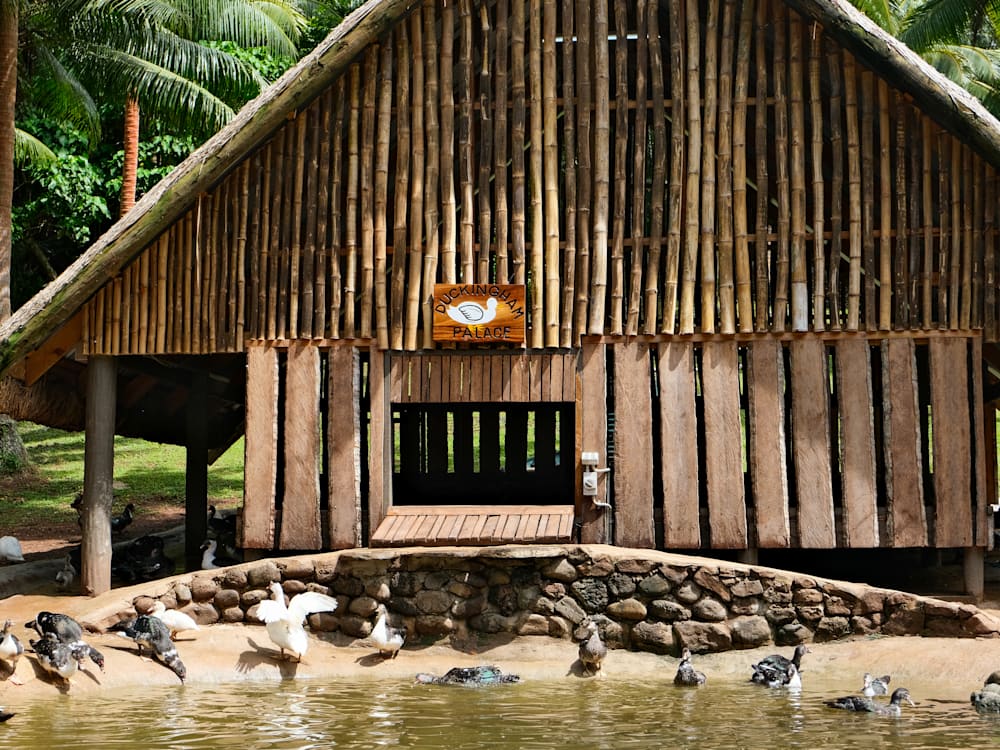I’ve always respected the environment, but while travelling in Fiji I somehow take it up a notch, catching myself mumbling ‘excuse me’ into my snorkel. There are so many fish swimming around us – schools of orange-and-white-striped ‘Nemos’, parrotfish and barracudas – more than I’ve seen on any other reef. And though apologising to aquatic animals might just be the most British thing I’ve ever done, it’s justifiable: the ocean is their world, not mine.
Against all odds (tropical cyclones, scorching heat, coral-bleaching…), the underwater world in Fiji is abundant. And the story is the same above water. During a week here – split between the Jurassic-reminiscent Como Laucala Island and the environment-first Six Senses Fiji – we find thrashing waterfalls, more palm trees than I could possibly count, and both a Duckingham and Cluckingham Palace, regally hosting the resident birdlife.
But it’s through conversations with locals that we truly get to the roots of this island nation – like how connected Fijians are with nature, and the work the two hotels are doing to revive the land and sea they call home.
Como Laucala Island
Land
‘Working here means preserving here’ explains our guide at Como Laucala Island, as we hike through the forest to the highest point in the surroundings. Nature is certainly well nurtured: land crabs stop traffic as they cross roads, dining is land-to-table, and our farm tour with the chef takes two hours because there’s 3,500 acres of land and that much to see.
We pass through coconut plantations (which are extensive – Laucala was once the main producer of coconuts in the country), a hydroponics farm and fruit orchards. We stop to say hello to the pigs and piglets, then the ducks and ducklings in residence at Duckingham Palace, and finally the chicken coop, where north of 300 eggs are laid every day to feed guests and staff. The Fijian team of farmers have tailored and tweaked their processes to a tee – they found that playing music makes their chickens happier, healthier and more relaxed, so they lull them with Mozart and Michael Bublé (a clucking favourite, apparently).
And though many crops are grown on the estate, they’re also careful to not over produce. Where high-quality organic fruit and vegetables are already available from local farmers – namely tomatoes, watermelon, watercress, pineapple, plantain and fresh ginger – they continue to buy from them, supporting local businesses as they do.
Almost everyone we meet is Fijian. Of the workforce, 286 are local, with just eight expats. Many are from the nearby islands of Nadi, Suva, Taveuni and Savusavu, but some are native to Laucala itself – now in his fifties, one of our guides shows us the exact beach where he was born, and the land where he was raised.
Sea

We spend an entire afternoon talking to FJ, a member of the dive team who’s a certified Conservation Diver and ocean enthusiast. He’s fascinating to speak to, saying ‘I’m the mouth of the ocean, as it can’t speak for itself’ – and he couldn’t be more accurate, having lectured at Australian universities about his work on the reefs. His main takeaway is this: if you protect the fish, they’ll protect the reefs, and they’ll in turn protect the world.
Guests can get personally involved in the revival of the ocean through coral and mangrove planting. Laucala works with the Fijian government to identify areas of need for more mangroves, and guests dive to plant corals with the help of the in-house dive team. Beach clean-ups are organised following the rhythm of the tides, with the intent of protecting the ocean and its residents from litter.
Six Senses Fiji
Land

It’s a niche but impressive fact that Six Senses Fiji is home to the third largest population of endangered Fijian crested iguanas in the world. Since nurturing an area called the ‘green belt’ the population within the hotel has more than doubled: increasing from 17 to 40 since 2018. It’s continuing to evolve – so much so that they’re extending the habitat and actively planting more native trees for the iguanas.
The Six Senses Sustainability Fund is earmarked for projects on Malolo Island, where the hotel resides. It’s used to provide school materials and infrastructure, restore almost 8,000 square-metres of habitat and educate the community about sustainability. And given that many of the hotel staff are from these villages, these efforts are fortuitously paid forward to the future workforce. Beyond this, there’s a flourishing farm with hydroponics, bee hives, a herb garden, and – of course – Cluckingham Palace.
Sea

While there, we’re lucky to see for ourselves the work of the Six Senses partnership with Coral Gardeners, who have an admirable goal of planting one million corals by the end of 2025.
It’s an international organisation, but the team working here are entirely Fijian: giving local marine biologists the employment opportunity and platform to put their extensive education into practice. And because it’s important that planting is location specific – what works in one reef might not work in another – the concentrated knowledge is crucial, alongside information-sharing with Fijian NGOs.
Using science to pull data from underwater, they’ve surveyed 11 reefs around the area, identifying nursery and restoration sites. Technology helps the team to track biodiversity, progress, and conditions in the sea, but it’s also about the human touch – for it’s the divers that are in the water day in, day out to plant and nurture their underwater farms. And guests are part of the solution too, encouraged to take part in ‘underwater clean-up’ sessions while out on dives. Yet another way your stay could make a difference.
Dive deeper into our full collection of Fiji hotels.
(All images by Hannah Dace)
